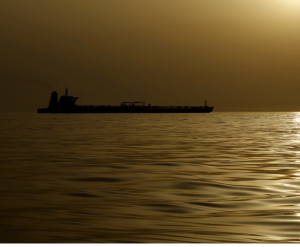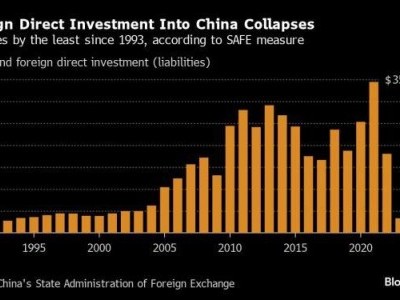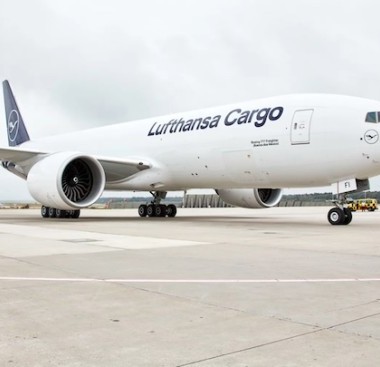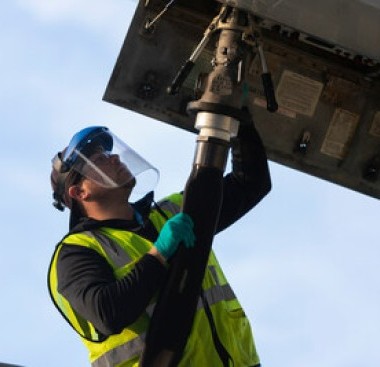Traders marshal a fleet of supertankers to haul US oil to Europe

Europe is set to import a record amount of American crude this month, relying increasingly on larger tankers as sanctions on Russian oil upend global trade routes.
Ships hauling as much as 1.84 million barrels a day are set to arrive from the US Gulf in March, tanker-tracking data compiled by Bloomberg show. Meanwhile, smaller vessels are getting costly with more being booked to transport Russian oil for journeys to Asia.
The trade boom is another byproduct of Russia’s war in Ukraine — and sanctions that the west slapped on Moscow in reaction to it. The shift probably makes the fleet less efficient, thereby eroding the total supply of tankers, which transport roughly 40% of the world’s oil.
A total of 11 supertankers — known in the trade as Very Large Crude Carriers, or VLCCs — and 16 Suezmax-class vessels are set to arrive in Europe from the US Gulf this month. These big ships are now hauling about 60% of the crude on the route, compared with 37% a year ago. Supertankers can haul about 2 million barrels of oil, while Suezmaxes can carry about 1 million.
Normally, even smaller ships known as Aframaxes — with a capacity of about 700,000 barrels — are used for the voyage. That’s partial because Europe has only a few ports that can handle supertankers, which are usually reserved for the longest journeys across the globe.
However, Aframaxes are in short supply these days as traders book the vessels to haul an increasing amount of Russian oil to Asia. Big importers like China and India have been picking up larger volumes as western buyers abandoned the cargoes due to sanctions on Moscow for the invasion of Ukraine.
As a result of the shift, it’s now relatively cheap to hire the biggest ships to haul crude from the US Gulf to Rotterdam. For a supertanker, that cost is about $2.70 per barrel of oil, according to Viktor Katona, lead crude oil analyst at Kpler Ltd. For an Aframax on the same route, it’s about $8.50 per barrel.
In addition, an increasing number of US-origin Suezmaxes are arriving in Europe partially full, as that’s still a cheaper option than booking an Aframax on a per-barrel basis. More and more American cargoes are also discharging at multiple European ports because there are different buyers.
Similar Stories

Top cocoa grower seeks to avoid export defaults after price hike
View Article
TikTok ultimatum makes US firms a target for China retaliation
View Article
Blinken raises US concerns on unfair trade practices in China
View ArticleBiden-Harris Administration announces preliminary terms with Micron to onshore leading-edge memory chip production in U.S.
• U.S. Department of Commerce proposes up to roughly $6.14 billion for Micron to expand domestic DRAM chip production in Idaho and New York • Micron’s full vision would create…
View ArticleUS sanctions Iran-linked ships, firms, people over drone program
The US sanctioned more than a dozen Iranian ships, people and companies linked to the country’s drone program, the latest in a push to punish Tehran over its April 13…
View Article
Dollar wrecking ball forces investors to seek cover in exporters
View ArticleGet the most up-to-date trending news!
SubscribeIndustry updates and weekly newsletter direct to your inbox!





